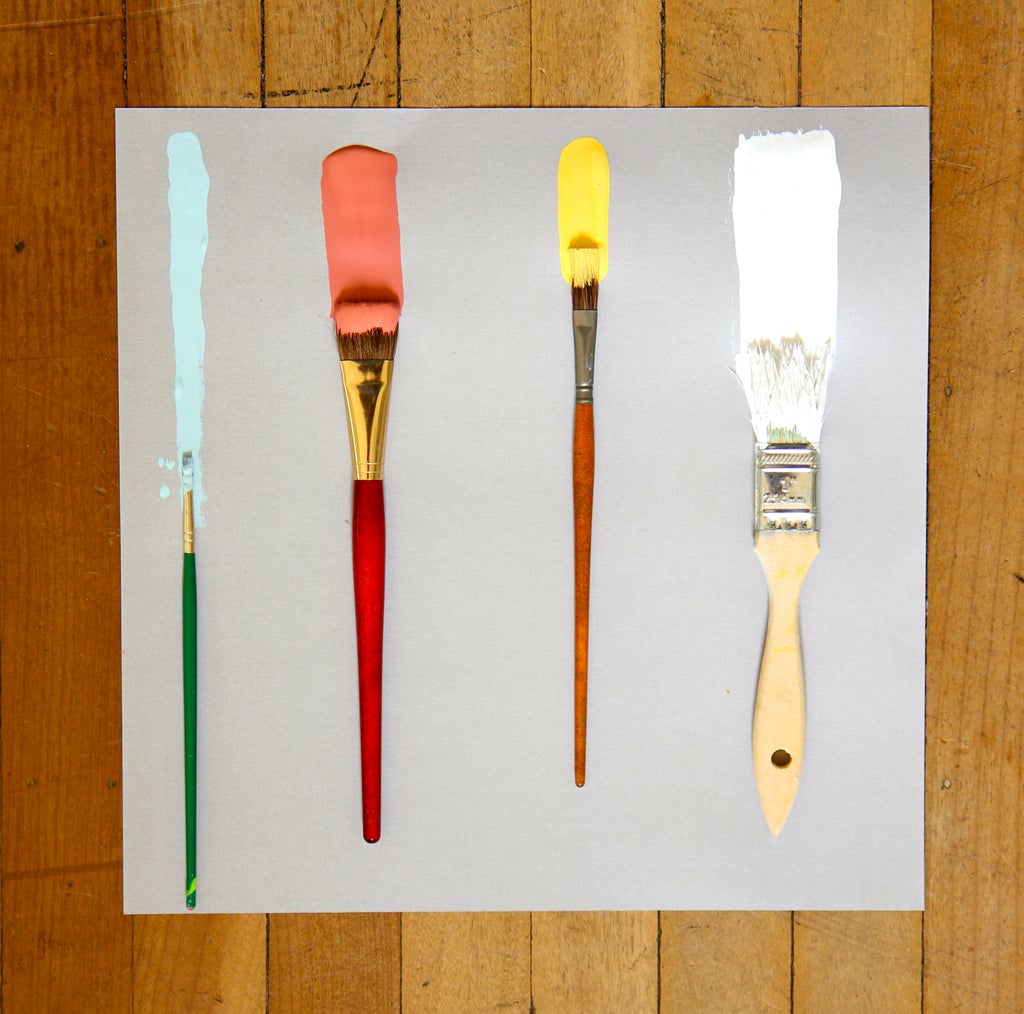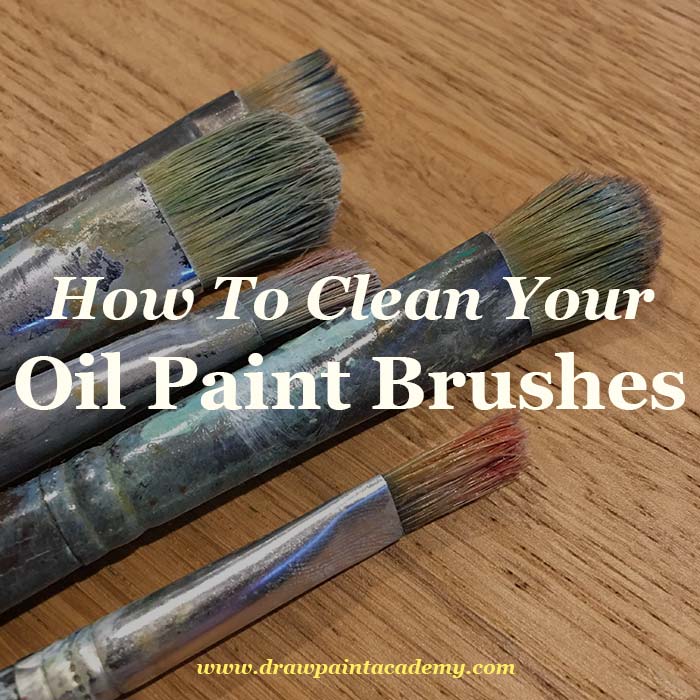This is a messy way to go. You need a thinner bucket. I don't understand why commercial painters love to fling thinner around, it's a toxin and a fire hazard. Anything you aerosolize, you breathe.
When learning how to clean oil paint brushes always work in a well-ventilated area when cleaning brushes in solvents such as paint thinner, lacquer thinner, alcohol and ammonia. In fact, it's best to work outside. Don't ever clean solvent-laden brushes around water heaters, stoves or any device with an open flame or potential electrical spark. Here’s how: Pick up a can of brush cleaner at a paint or hardware store and pour some into a glass or metal container. Hole through the brush so you can suspend it on a stiff wire. The brush cleaner gives off nasty, flammable vapors, so cover the container with a plastic bag and set it in the garage or outside, out of reach of.
Washing a paintbrush with plain water right after you use it removes most paint. But if there's stubborn paint still stuck to the bristles or you forgot to wash the brush and the paint has dried on, give one or more soaking methods a try to get it clean. Properly cleaning a brush can remove old paint and renew the bristles for easier, more. Sep 24, 2016 - Explore Carol Meissner's board 'Paint brush cleaning', followed by 172 people on Pinterest. See more ideas about cleaning, cleaning paint brushes, painting tips. The surface of an oil painting is fragile, and it can be permanently changed or damaged by home cleaning techniques. If your oil painting is old, worth money, or holds great sentimental value, cleaning it at home is not recommended. Take it to a professional conservator to have it cleaned.
Not being snarky - being concerned for your health. And your pocket book. I get that.
I was trained to clean those brushes after the day by wiping them out, giving a good rinse in a thinner bucket to knock off any solids, and shampooing with Murphy's. Every Day After Painting. There's no reason for a brush to get to this state. The next morning, it's dry and clean and ready to go. You can also knock off any cruddy build up through the day in a thinner bucket. Which is a zinc or steel bucket, with a lid, with a grate inside to run the bristles over. Paint solids fall to the bottom and the thinner can be used until it's exhausted. No breathing micro droplets, none on the skin, and the fire hazard stays contained. Yes, paint thinner is a fire hazard. It comes from the same cracking tower as motor oil and gasoline, it's very dirty stuff. It often contains lead and other nasty things too. You don't want to breathe it.
You can also give most brushes a 72 hour soak in Murphys as a maintenance deep clean. Every six months or so. This can also rescue brushes you've already trashed. No scraping or grinding needed if you clean up every day though. That's time out of your life. Go watch a game! The five minutes to wash brushes is worth having a clean dry well conditioned tool at hand the next morning. But a Saturday afternoon? Nah.
I'm trained as a portrait painter, but I renovate houses too. And I have a brush fetish, I have over a thousand high quality ones. I clean them all the same way, studio or house. They're all in great shape. Washing daily is not a problem, the oil in oil soap is a great conditioner for natural hairs. Just let them air dry out in the open, they could mildew in a closed container. Takes them inside in freezing weather. Love them and they'll love you back.

Cleaning Oil Brushes
For anyone that has picked up an oil painting brush and used oil paint the worst thing is cleaning the brushes afterward. You can never seem to get all the crud out of the brush that will harden in the ferrules of the brush. Oh sure you can try to use mineral spirits and then try forever to get the oil out of the brush and then go to the sink and try to get the rest out with soap. I have done all that with the right special art soaps and the mineral spirits and still had oil still hiding in the brush.

What Is The Best Way To Clean Oil Paint Brushes

The best that I method that I have found to clean your brushes and get all the paint out is the following. After you are done painting for the day or week or whatever.
First I saturate the brush with oil usually vegetable oil and then pull out all the paint I can. If there is some paint still left I wash it in vegetable oil again and pull out the remaining oil in a cloth or tissue paper.
Second I wash the brush out with dish soap. After using the oil the soap breaks down the paint and oil very quickly. That is not the case if you still have mineral spirits in the brushes.
Third After the soap and water wash I pull out as much of the water that I can into a cloth or tissue paper. The I use petroleum jelly and saturate the brush with the jelly and pull out the excess. This allows you to reshape your brush if needed and won’t dry.
This is the best way I have found to clean up oil brushes thoroughly, help them keep their shape and not dry out.
What To Use To Clean Oil Paint Brushes
Give it a try and Have fun painting.
